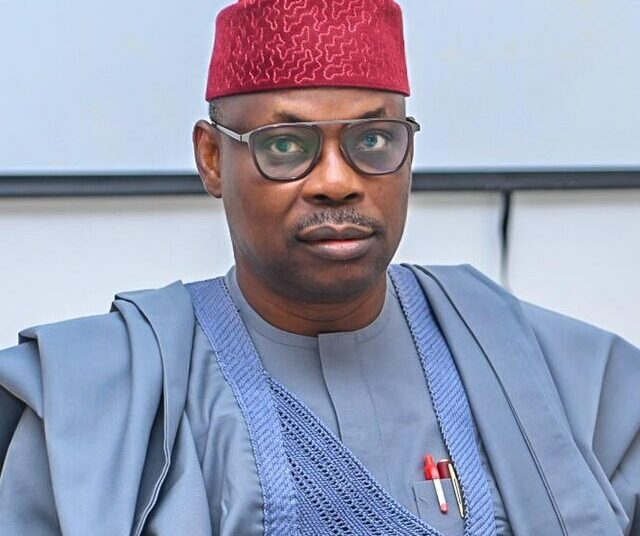The federal government has disclosed its plan to expand health insurance coverage in the country, targeting 44 million Nigerians by 2030.
The Minister of State for Health, Dr. Iziaq Salako, stated this on Monday at the opening of the National Health Financing Policy Dialogue in Abuja, which was themed “Reimagining the future of health financing in Nigeria.”
The four-day forum brings together government officials, civil society, development partners, and the private sector to explore innovative ways of funding health services and protecting vulnerable populations.
Dr. Salako stressed that the National Health Insurance Act 2022, which makes health insurance mandatory and establishes a Vulnerable Group Fund, is central to expanding coverage.
“Under the Presidential Performance Agreement we signed, a key deliverable for the Ministry is to enrol at least 44 million Nigerians into the national health insurance scheme by 2030.
This will help reduce out-of-pocket expenditure on health, which currently stands at an unacceptably high rate of about 70 per cent.
“We remain focused on strengthening the framework, expanding coverage, ensuring sustainability, and addressing persistent challenges such as inadequate budgetary allocations, systemic inefficiencies, fragmented programming, and limited reliable data,” he stated.
The minister noted that President Bola Tinubu has directed the ministry to prioritise sustainable health financing by increasing domestic resources and effectively implementing Universal Health Coverage policies.
He highlighted that Nigeria’s health budget rose from ₦434 billion in 2018 to ₦2.48 trillion in 2025, equivalent to 5.18 per cent of the federal budget. While this shows progress, he admitted it remains far below the 15% Abuja Declaration benchmark.
Director-General of the National Health Insurance Authority (NHIA), Dr. Kelechi Ohiri, called for stronger domestic health financing, explaining that Nigeria was navigating multiple transitions.
According to him, the dialogue has been structured to reflect Nigeria’s realities of high out-of-pocket spending and weak financial protection.
“Civil society, the private sector, and sub-national governments will all play key roles in shaping actionable outcomes,” Ohiri said.
Coordinating Minister of Health and Social Welfare, Professor Ali Pate, stressed that Nigeria must ramp up domestic investment in health, warning that the country cannot continue to rely on foreign aid to sustain its healthcare system.
He lamented that Nigeria spends only about $30 per person in public health financing, with more than two-thirds of health costs borne directly by citizens.
Speaking on behalf of the Association of Wives of FCT Traditional Rulers, Hajia Hauwa Adamu, called for stronger inclusion of women and vulnerable groups in health financing decisions, stressing that policies are often designed “for them, without them.”
She argued that building women’s capacity to understand budgets and health financing would make their advocacy more effective and harder to ignore. She also lamented the persistent challenges rural women face despite policies on free maternal and child healthcare.
“Many women still face long hospital lists and hidden costs for immunisation, pushing families back to home deliveries and traditional birth attendants,” she warned.









